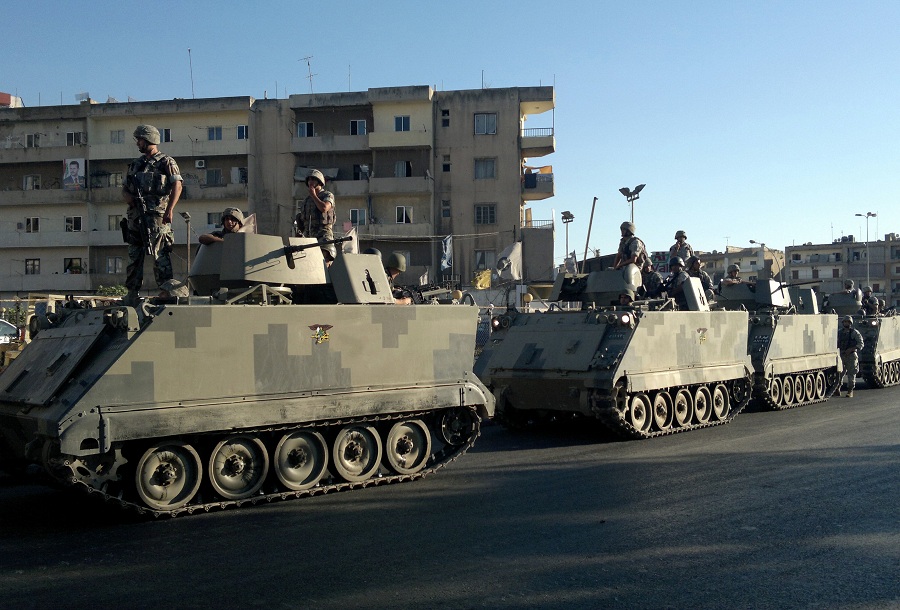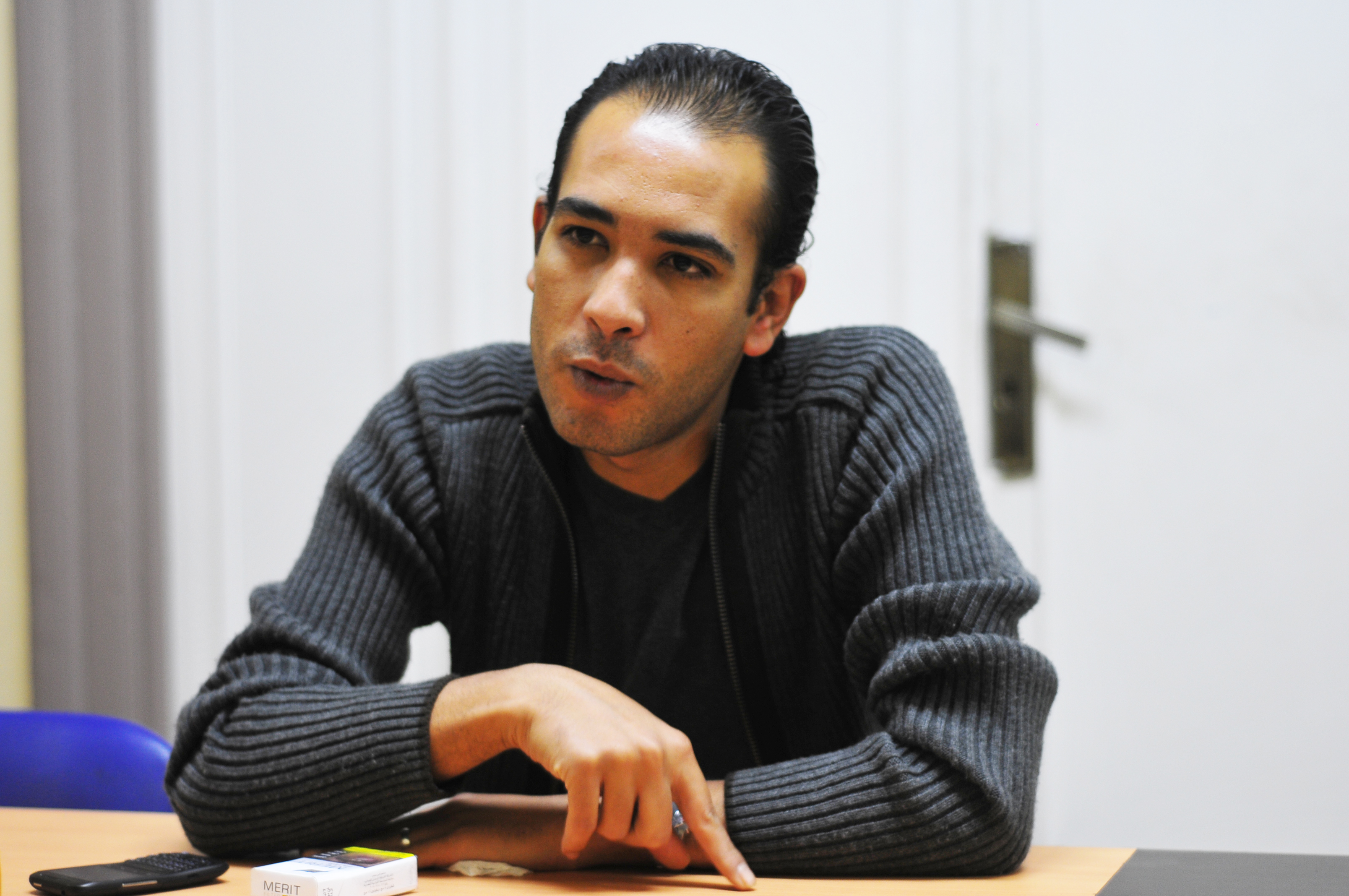Egyptians citizens started heading to polling stations to cast their votes in the first phase of the parliamentary elections covering the governorates of Giza, Alexandria, Matruh, Beheira, Aswan, Luxor, Minya, Assiut, Sohag, Qena, Red Sea, New Valley, Fayoum and Beni Suef.
Most polling stations are in schools, the reason why the Ministry of Education gave the two days off to students. Voters are allowed in polling stations Sunday and Monday from 9am to 9pm. At the closing hour, school doors will be closed but voters already inside will continue to cast their votes.
A count of votes should occur at the end of each day in each polling station, to be recounted the next morning.
The school was secured by a couple of military security forces and one police officer. Another female police officer is at the school entrance.
Daily News Egypt visited the school of Al-Shaheed Abdul Moneim Riyad in Dokki from 9.30am to 10am. It belongs to the constituency of Agouza which has 34 candidates competing over two individual seats. Less than a dozen citizens voted in that period but a significant presence of elder women was observed.
“Many women also came before the polling station opened. They were waiting in lines,” said a female employee of the Ministry of Telecommunications working at the polling station.
She was assigned to the polling station after coordination with the Supreme Electoral Commission (SEC), which the ministry is assisting with tablets for voters’ identification checking. “I think the women I met this morning were housewives, but they had their IDs in hands and a list of candidates. I believe they knew what they were doing,” the ministerial employee added.
One woman who voted, a middle-aged engineer, commented by saying “We, the old, always come and vote.” She said that she felt like the country was “a big melting pot”, and that even though the election of a parliament would not solve everything, “it is a start”.
Another woman of a close age group had a medical neck collar but briefly said “I still have hope.”
Interestingly, Sherine, the youngest female voter present at the time of the observation, had casted her vote and was waiting for her mother to finish. Sherine is 23 and said she came because she was “tired of negative energies and wanted to be pro-active”.
Sherine has previously participated in elections but this time, she said, it was difficult to select candidates. “I came to elect one specific candidate for the individual seats, but I am supposed to elect two people, so my second choice was a little confused. I researched the candidates and tried to have my second candidate as a woman to enhance their representation,” she said.
Despite her positivism, Sherine hardly believes she is going to be represented in the parliament. She said she was the only one among her friends who was going to vote, mostly because “things happened so fast and they do not know who the candidates are”.
Meanwhile, the school included several guiding posters on how to vote, a list of the candidates running in the list systems was also posted on the classrooms. Members of the SEC were assisting voters, who mostly were looking for a specific candidate’s name and trying to find in which list he or she was running.



